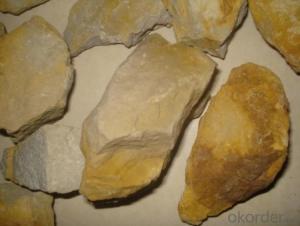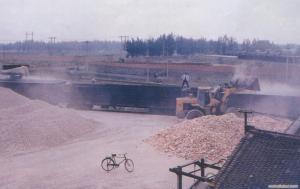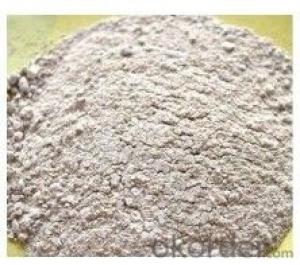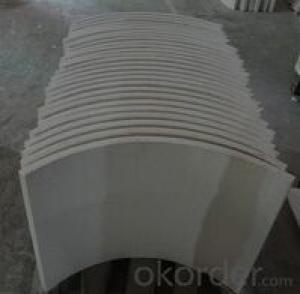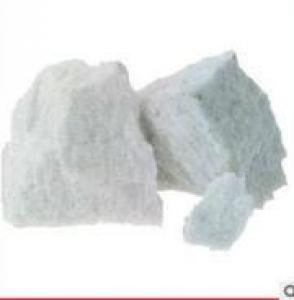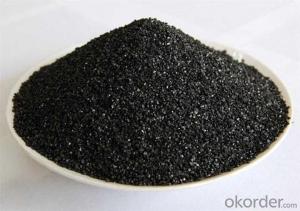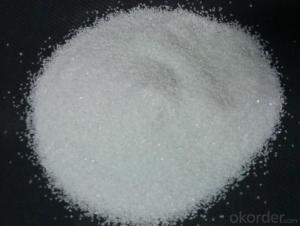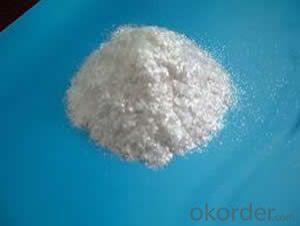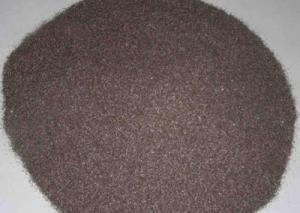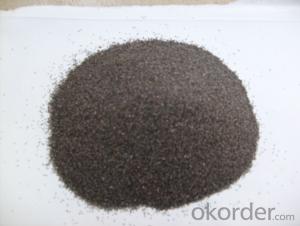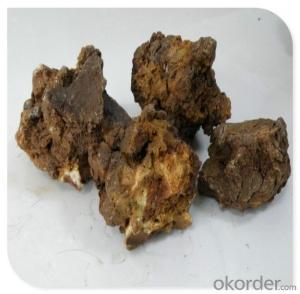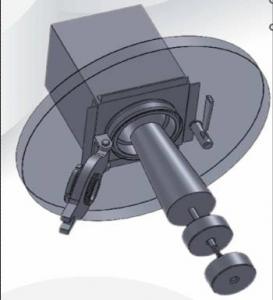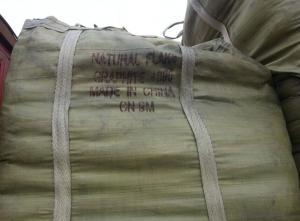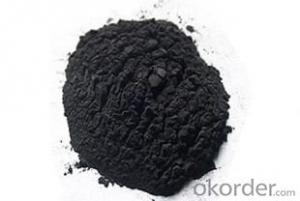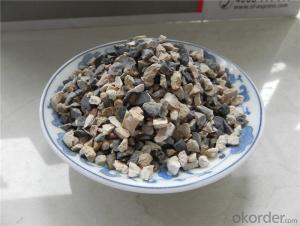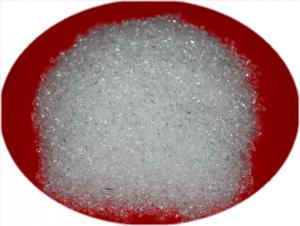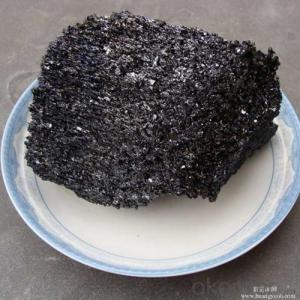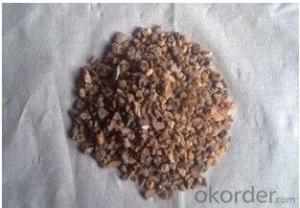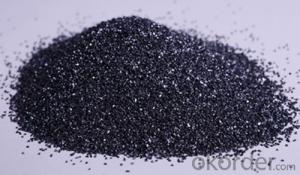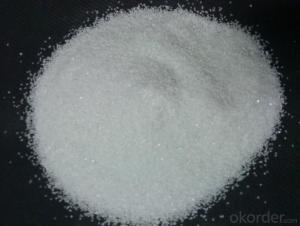All Categories
- - Steel Wire Rod
- - Steel Coils
- - Steel Profiles
- - Steel Pipes
- - Stainless Steel
- - Tinplate
- - Special Steel
- - Steel Sheets
- - Steel Rebars
- - Steel Strips
- - Hot Rolled Steel
- - Cold Rolled Steel
- - Pre-painted Steel
- - Seamless Steel Pipe
- - Welded Steel Pipe
- - Hollow Steel Tubes
- - Galvanized Pipe
- - Stainless Steel Coil
- - Stainless Steel Sheet
- - Stainless Steel Plate
- - Stainless Steel Strips
- - Electrolytic Tinplate Coil
- - Electrolytic Tinplate Sheet
- - Stainless Steel Rebars
- - Solar Panels
- - Solar Water Heater
- - Solar Related Products
- - Solar Inverter
- - Solar Cells
- - Solar Light
- - Solar Energy Systems
- - Solar Controllers
- - Solar Mounting System
- - Solar Pump
- - Solar Chargers
- - Fiberglass Chopped Strand
- - Fiberglass Mesh Cloth
- - Composite Pipes
- - FRP Pultrusion Profiles
- - Fiberglass Mat Tissue
- - Fiberglass Fabrics
- - Fiberglass Mesh
- - Composite Tank
- - Fiberglass Mesh tape
- - Polymer
- - FRP Roofing Panel
- - Fiberglass Roving
- - Monolithic Refractories
- - Ceramic Fiber Products
- - Refractory Bricks
- - Raw Materials For Refractory
- - Suspended Platform
- - Cranes
- - Concrete Machinery
- - Earthmoving Machinery
- - Building Hoist
- - Road Building Machinery
- - Plastic Pipe Fittings
- - Plastic Tubes
- - Plastic Sheets
- - Agricultural Plastic Products
- - Plastic Nets
Q & A
How are refractory linings designed for different types of furnaces, such as rotary kilns or electric arc furnaces?
Refractory linings for different types of furnaces, such as rotary kilns or electric arc furnaces, are designed based on several factors. These factors include the operating temperature, type of materials being processed, chemical composition of the materials, thermal shock resistance requirements, and overall furnace design.
For rotary kilns, which are used for processes like cement production or drying materials, the refractory lining needs to withstand high temperatures and mechanical stresses caused by the rotation. The lining is typically composed of multiple layers with varying materials and thicknesses to handle different zones of the kiln.
On the other hand, electric arc furnaces, used for melting metals, require refractory linings that can endure extreme temperatures and resist the corrosive effects of molten metal and slag. These linings are often made of high-alumina or magnesia-based materials, and their design focuses on maximizing thermal insulation and minimizing thermal expansion to prevent cracking.
In both cases, the refractory linings are carefully engineered and installed to ensure proper heat containment, minimize heat loss, and provide durability against the specific conditions of each furnace type. Continuous monitoring and maintenance are also necessary to address wear and tear, as well as any changes in the furnace operation that may require adjustments to the lining design.
What are the advantages of using titanium dioxide nanoparticles as a raw material in refractory production?
Some advantages of using titanium dioxide nanoparticles as a raw material in refractory production include enhanced thermal stability, improved mechanical strength, increased resistance to corrosion and abrasion, and a higher refractoriness. Additionally, these nanoparticles offer a higher surface area for catalytic reactions, which can improve the overall performance and efficiency of refractory materials.
What are the advantages and limitations of using magnesia in refractories?
Magnesia offers several advantages in refractories. Firstly, it has high refractoriness, meaning it can withstand extremely high temperatures without losing its strength or shape. Secondly, magnesia has excellent resistance to basic slags, making it suitable for applications where it will come into contact with alkaline materials. Additionally, magnesia has good thermal conductivity, allowing for efficient heat transfer within the refractory material.
However, there are also limitations to using magnesia in refractories. One major limitation is its susceptibility to hydration, which can cause dimensional changes and reduced refractory performance. Another limitation is its poor resistance to acidic environments, as magnesia can react with acids, leading to corrosion and reduced lifespan of the refractory material. Finally, magnesia can be relatively expensive compared to other refractory materials, which can be a limitation in cost-sensitive applications.
Which refractory raw materials are commonly used in the glass industry?
Commonly used refractory raw materials in the glass industry include silica, alumina, magnesia, chrome ore, and zirconium silicate.
Wholesale Raw Materials For Refractory from supplier in Spain
As a leading supplier of raw materials for refractory purposes in Spain, we are committed to providing comprehensive services to meet all your needs. As a subsidiary of CNBM, a Fortune Global 500 company, we have the expertise and resources to offer top-notch sales, quotations, and technical support for a wide range of raw materials for refractory products.
Our platform is designed to be a one-stop procurement solution, making it easy for you to find and purchase the raw materials you need. Whether you are looking for high-quality clay, silica, alumina, or any other refractory raw material, we have you covered. With years of market development experience in Spain, we understand the unique requirements of the industry and can provide valuable insights and expertise to enhance your projects.
But our offerings go beyond just raw materials. We also want to introduce you to the beauty and wonders of Spain. From its rich history to its vibrant culture and breathtaking landscapes, Spain is a destination that captivates travelers from around the world. With iconic landmarks such as the Sagrada Familia in Barcelona and the Alhambra Palace in Granada, you can immerse yourself in the architectural marvels of the country. And let's not forget about the sunny beaches of Costa del Sol, where you can relax and enjoy the Mediterranean breeze.
No trip to Spain is complete without indulging in its delicious cuisine. From mouthwatering tapas to flavorful paella, Spain offers a diverse range of culinary experiences that will satisfy even the most discerning palate. And if you're looking for some excitement, why not immerse yourself in the passionate and rhythmic world of flamenco? Whether you choose to watch a live performance or even take a class yourself, flamenco is an integral part of Spanish culture that shouldn't be missed.
So, while benefiting from our top-notch raw materials for refractory services, we invite you to discover the wonders of Spain. Let us be your guide as you explore the country's rich history, vibrant culture, and breathtaking landscapes. Whether you're here for business or pleasure, Spain has something for everyone.
Our platform is designed to be a one-stop procurement solution, making it easy for you to find and purchase the raw materials you need. Whether you are looking for high-quality clay, silica, alumina, or any other refractory raw material, we have you covered. With years of market development experience in Spain, we understand the unique requirements of the industry and can provide valuable insights and expertise to enhance your projects.
But our offerings go beyond just raw materials. We also want to introduce you to the beauty and wonders of Spain. From its rich history to its vibrant culture and breathtaking landscapes, Spain is a destination that captivates travelers from around the world. With iconic landmarks such as the Sagrada Familia in Barcelona and the Alhambra Palace in Granada, you can immerse yourself in the architectural marvels of the country. And let's not forget about the sunny beaches of Costa del Sol, where you can relax and enjoy the Mediterranean breeze.
No trip to Spain is complete without indulging in its delicious cuisine. From mouthwatering tapas to flavorful paella, Spain offers a diverse range of culinary experiences that will satisfy even the most discerning palate. And if you're looking for some excitement, why not immerse yourself in the passionate and rhythmic world of flamenco? Whether you choose to watch a live performance or even take a class yourself, flamenco is an integral part of Spanish culture that shouldn't be missed.
So, while benefiting from our top-notch raw materials for refractory services, we invite you to discover the wonders of Spain. Let us be your guide as you explore the country's rich history, vibrant culture, and breathtaking landscapes. Whether you're here for business or pleasure, Spain has something for everyone.
Hot Search
- Monolithic Refractories in Morocco
- Ceramic Fiber Products in Nicaragua
- Refractory Bricks in Liechtenstein
- Raw Materials For Refractory in Denmark
- Raw Materials For Refractory in Kazakhstan
- Monolithic Refractories in Djibouti
- Refractory Bricks in Benin
- Raw Materials For Refractory in Guatemala
- Monolithic Refractories in Cuba
- Raw Materials For Refractory in Jamaica
